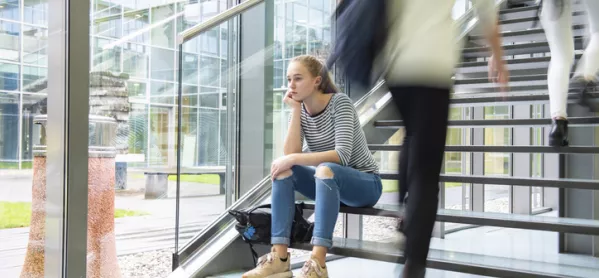A third of adopted young people who started a college course within one year of leaving school are unable to complete it, research by charity Adoption UK has revealed.
The research suggests that a similar proportion were not in education, employment or training (NEET) at some point between the ages of 16 and 24, which is three times the national average.
The charity said the number of adopted young people dropping out of colleges was “huge and concerning”.
More: Are you accidentally upsetting your adopted students?
News: DfE urged to allow adult education centres to reopen
Opinion: ’We have a lot of work to do on racial inequality’
Adoption UK is urging the government to rethink the current education system in a bid to tackle the issue, and is calling for greater support for all care-experienced children in school, the tracking of the attainment of adopted young people in post-16 education and more realistic post-16 options for all young people.
A lack of awareness
Rebecca Brooks, adoption UK’s education policy advisor and author of the report, said that the “traditional smooth trajectory” from school to FE and then on to work or university is “out of reach” for too many adopted young people.
She said: “Poor experiences of school, changes taking place during adolescence, and the additional challenges of navigating the transition to adulthood while coming to terms with a complex history and identity can result in young people arriving at post-16 education with unique and complex support needs.
“The current lack of awareness around this group of young people’s needs and the subsequent failure of our education system to effectively support them has a dramatic impact, not only in terms of attainment, but also on mental health, motivations to continue with education, and long-term prospects.”
More than half of adopted people surveyed in the report said they did not feel confident about their academic ability while they were at college and found the college environment overwhelming and threatening. The majority said that they didn’t have a college mentor or key worker to support them, nor did they access counselling or wellbeing service while at college.
Ms Brooks added: “These young people’s stories should prompt a radical overhaul of the way we support adopted and care-experienced people in further education throughout their lives, so that all those who did not have an equal start in life can have an equal chance in education.”




